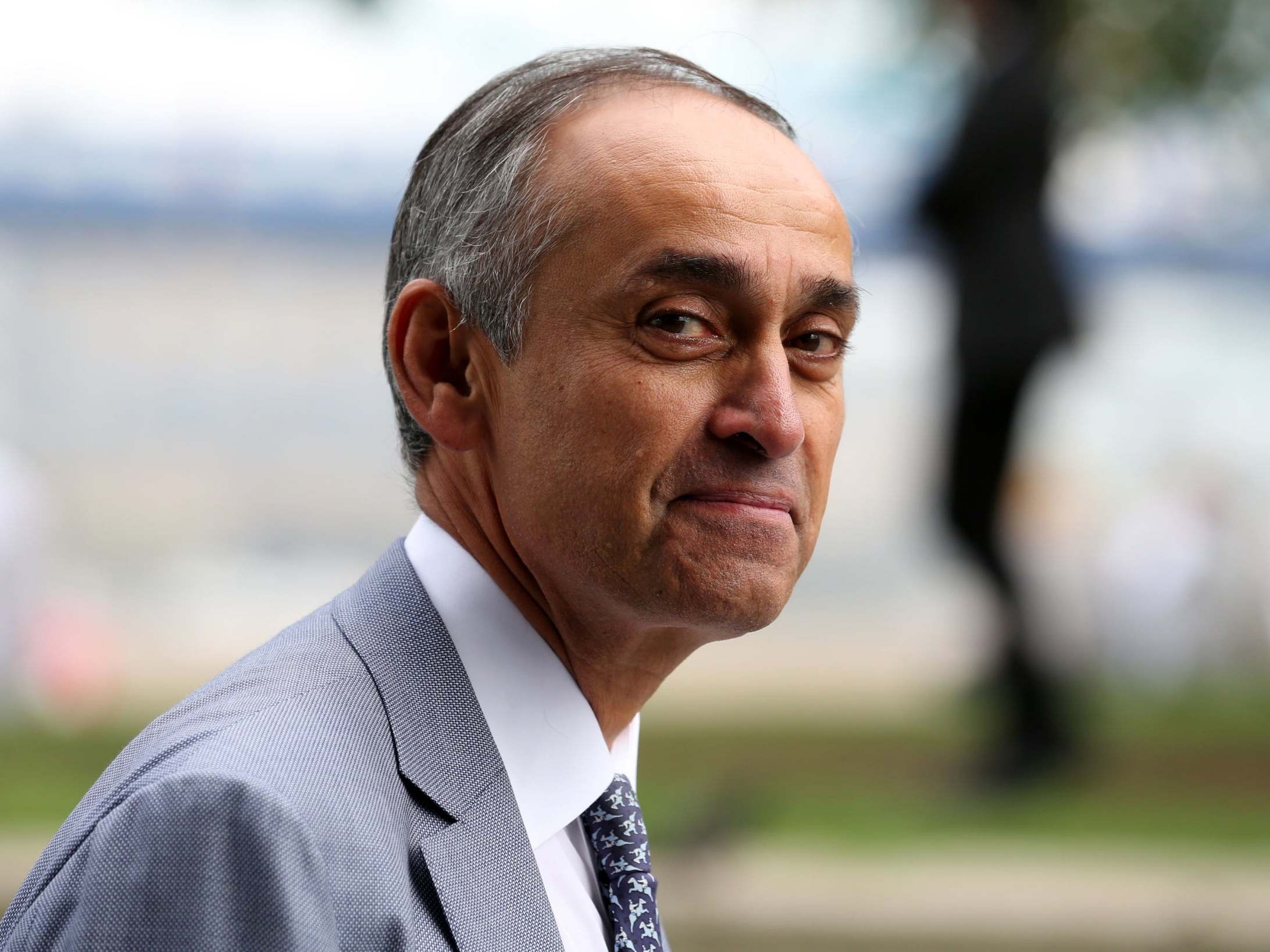Thousands dying unnecessarily as NHS England ranks in bottom half of countries for patient safety
UK’s ranking should be ‘wake up call’ on patient safety, former health minister warns
Thousands of Britons could be dying unnecessarily as the UK lags behind other countries on patient safety, according to a major new study.
The UK was ranked 21 out of 38 countries on four key patient safety indicators, with countries such as Australia, New Zealand and Norway rated among the highest, according to research from the Institute of Global Health Innovation at Imperial College London.
The report found that, if the UK improved enough to rank among the top 10 countries, there would be 15,733 fewer people dying from what is described as treatable mortality – deaths which could be avoided through timely healthcare interventions. There would also be 776 fewer deaths from neonatal disorders and 870 fewer deaths from avoidable medical errors.
It is the first major international study of safety data, according to the authors, and looked at 89 separate safety measures such as waiting times, stillbirth rates, cases of sepsis and the frequency of surgical items being left inside patients after operations.
Former health minister Lord Ara Darzi, co-director of the institute and renowned surgeon, said the report, which has been backed by the World Health Organisation, was a “wake-up call” for Britain and other nations to improve safety for patients.
He said: “You can’t improve things if you don’t measure them and this is our attempt to engage clinicians in all countries – not just the UK – to have better measurements and drive performance improvements.”
Researchers looked at different safety measures across four key areas – maternal mortality, treatable mortality, adverse effects of medical treatment and neonatal disorders.
Researchers calculated the number of deaths per 100,000 people for a range of patients, including those who died from medical errors and treatable causes such as heart disease, women who died during childbirth and neonatal deaths from conditions such as sepsis, or oxygen deprivation.
The institute has published a dashboard as part of its work where countries’ rankings on individual measures can be seen.

The UK was among the best performing for maternal and neonatal deaths, with seven and four deaths respectively per 100,000, but it lagged behind in other areas such as deaths from treatable conditions. For post-operative sepsis deaths, the UK recorded 2,700 for every 100,000 people, ranking 13 out of 22.
Norway came out as the highest-rated country, with Finland and South Korea, second and third. Both Germany and the United States of America ranked lower than the UK.
James Titcombe, chief executive of research unit Patient Safety Watch, told The Independent: “Analysis of the data shows that thousands of lives could be saved if the NHS was as safe as the top performing countries. That the NHS ranks only 21 out of 38 countries for patient safety is very concerning.
“I hope this work and the publicly available dashboard can act as a catalyst in supporting further efforts to accelerate the rate of patient safety progress, both here and internationally.
“Global collaboration and sharing data and strategies and interventions adopted to improve patient safety, has huge potential to help transform the rate of progress everywhere and I hope this can play a part in enabling this to happen on a more systematic basis.”
Join our commenting forum
Join thought-provoking conversations, follow other Independent readers and see their replies
Comments
Bookmark popover
Removed from bookmarks